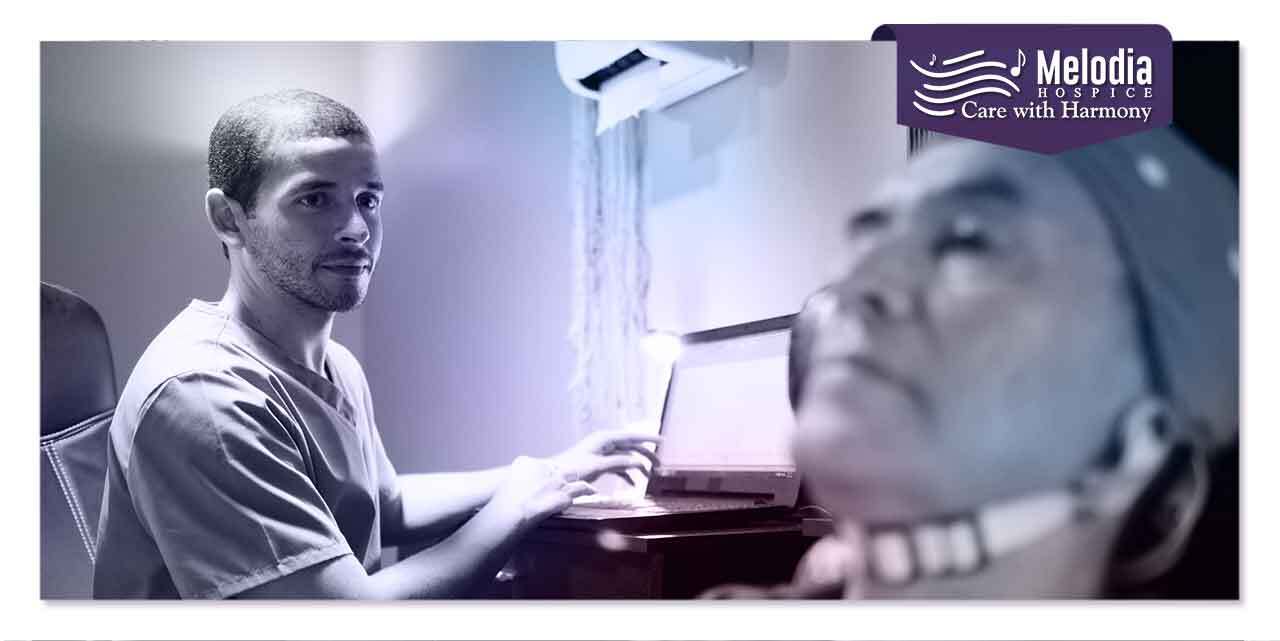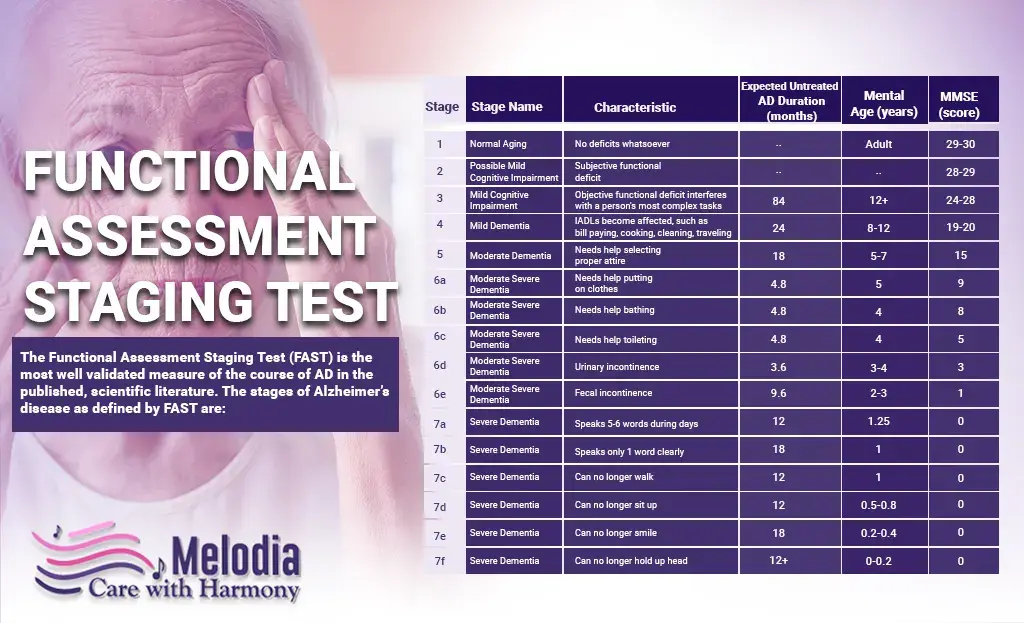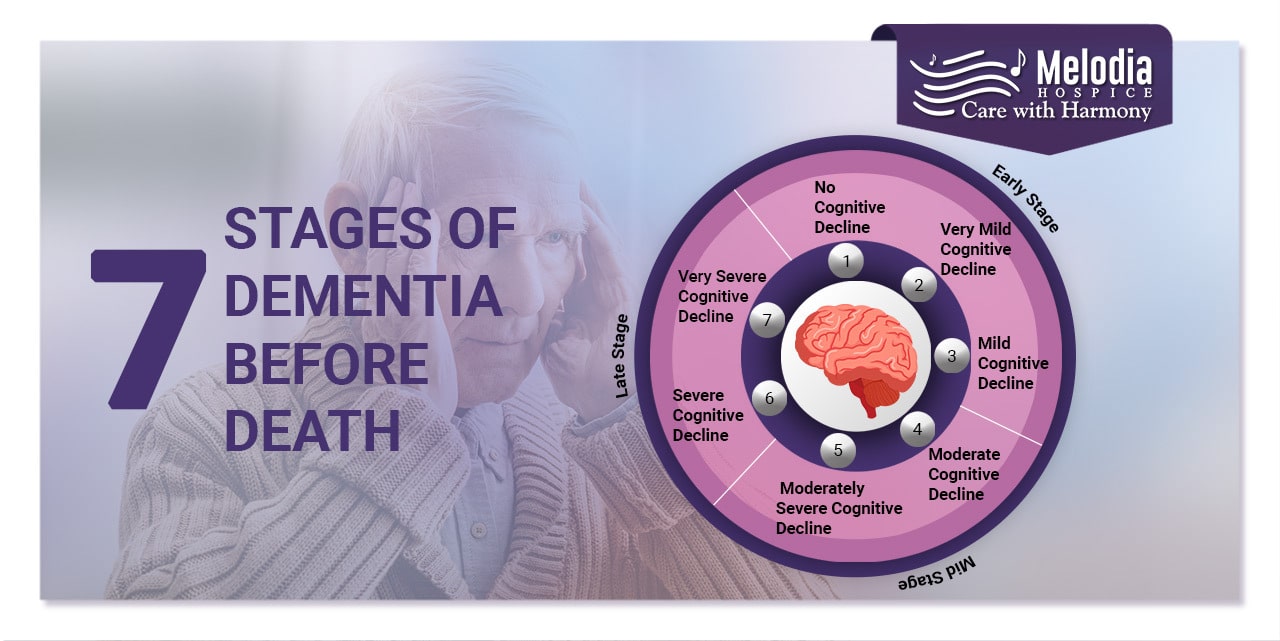Melodia Hospice Blog
Expand Your Understanding of Hospice & Palliative Care Insights

Hospice Care for Kidney Failure: Compassionate Support at End of Life
Hospice care for kidney failure provides symptom management, assistance with daily tasks, emotional support, and respite care for primary caregivers, enhancing the quality of life for patients in their final

Understanding Hospice Respite Care_ Support for Caregivers of Terminally Ill Loved Ones
Hospice respite care serves as a crucial support system for families and caregivers facing the challenges of caring for terminally ill individuals. Here’s an updated look at what respite care

Understanding Parkinson’s Disease and Hospice Care
Parkinson’s Disease (PD) is a progressive neurodegenerative disorder characterized by the gradual loss of dopamine-producing neurons in the brain. Early stages of Parkinson’s manifest as tremors, loss of balance, muscle

Understanding Hospice and Palliative Care
Many people often confuse hospice care with palliative care, yet these two services, though similar, have distinct differences. While hospice care includes aspects of palliative care, they can also be

Vasular Dementia Hospice Criteria
Vascular dementia is a type of dementia that occurs due to reduced cerebral circulation, such as from a stroke or another blood vessel pathology. When a patient reaches the end

HOW LONG DOES HOSPICE LAST?
Hospice care is a compassionate service designed to provide comfort and support to individuals facing terminal illnesses. The primary goal is to improve the quality of life for patients in

Medicare Guidelines for Hospice Parkinson’s Disease
Parkinson’s disease is a neurodegenerative, progressive disorder. It is the second most prevalent form of neurodegeneration after Alzheimer’s disease. The cause of Parkinson’s disease is not fully understood, and there

PALLIATIVE CARE FOR PARKINSON’S DISEASE
As Parkinson’s progresses and symptoms no longer respond well to treatment, daily living and quality of life become more complex. You and your caregiver may require additional assistance to manage

End-Stage Parkinson’s Disease Hospice Criteria
Parkinson’s disease is a progressive nervous system disorder affecting movement. According to the Parkinson’s Foundation, it affects nearly one million Americans. Living with end-stage Parkinson’s disease can be challenging, even

What Is Parkinson’s Disease and How Can Hospice Help?
Parkinson’s Disease (PD) is a progressive neurodegenerative disorder caused by the loss of dopamine-producing neurons in the brain. In the early phases of Parkinson’s disease, patients experience tremors, loss of

Hospice and Palliative Care Eligibility Criteria & Requirements
Hospice Care and Palliative Care help terminally ill patients live better. They have similar goals but different approaches: Hospice Care Patients with a six-month prognosis receive hospice care. Hospice care

Brain Tumor Hospice Timeline
A person with brain cancer may experience various symptoms that alter as the disease progresses. There is likely to be a decline that impacts the organism as a whole. There

How to Use the Fast Scale for Dementia
If you have a loved one who has dementia, you are probably aware that the disease progresses in stages. The various stages represent different levels of cognitive decline and what

What Is the Fast Scale for Dementia?
The Functional Assessment Staging Tool (FAST) is a dependable method often used to assess the current state of dementia in patients. It offers a thorough and effective evaluation of functional

When Is Hospice Recommended for Dementia Patients?
World Alzheimer’s Day is celebrated every year on September 21st. Alzheimer’s is considered a common type of dementia, accounting for up to 80% of all dementia cases worldwide. If you

Who Pays for Hospice Respite Care?
Hospice respite care provides a temporary rescue for families and caregivers of terminally ill loved ones. Hospice care manages symptoms and improves the quality of life during this challenging period.

Palliative Care for Kidney Failure: Enhancing Quality of Life
Living with end-stage renal disease (ESRD) can be overwhelming. The physical and emotional demands of this chronic condition affect almost every aspect of life. However, you are not alone in

Hospice Care For Kidney Failure
End-stage renal disease, often known as kidney disease, requires specialist end-of-life care. Hospice for kidney failure provides symptom treatment, aid with daily duties, emotional support, and relief for primary caregivers

Is Palliative Care the Same as Hospice?
People frequently confuse hospice care with palliative care. In actuality, hospice care incorporates palliative care. However, they can be provided as discrete services. Hospice vs. Palliative Care Definitions Hospice Care

How Long Do Alzheimer’s Patients Live in Hospices?
Since Medicare Hospice coverage was established in 1982, more patients choose hospice for end-of-life care. Hospice care maximizes the quality of life and supports caregivers in the final stages of

Hospice and Palliative Care For Alzheimer’s Disease
Alzheimer’s disease is the kind of dementia that affects memory, judgment, and thinking. It usually creates confusion, trouble recognizing familiar surroundings or people, and trouble finding the right words or

Hospice Care For Dementia
Seeing a loved one lose their cognitive abilities due to dementia is incredibly challenging. Many people don’t realize there’s a way to alleviate families’ difficulties. Hospice care is ideal for

Does Medicare Cover Hospice Care for Dementia?
Diagnosing a loved one with dementia can be challenging and traumatic. Hospice care may be needed to keep your loved one comfortable and well-cared for as the disease advances. However,

Does End-Stage Dementia Qualify for Hospice Care?
Alzheimer’s disease and dementia are two of the most prevalent and severe diseases affecting the elderly. Over 50 million men and women are presently affected by dementia and Alzheimer’s worldwide.

Who Pays for Inpatient Hospice Care?
Hospice provides care and assistance to terminally ill people. It emphasizes comfort rather than curing a problem and gives people the best quality of life. Unlike medical treatment, it addresses

What Is the Hospice Criteria for Dementia?
More than 5 million Americans have Alzheimer’s disease and related dementias, while more than 15 million family caregivers provide unpaid support to their loved ones. In the early stages of

How Long Does Hospice Respite Care Last?
According to a recent survey conducted by the American Association of Retired Persons (AARP), almost 20% of Americans take care of other people. They might care for old family members

What is Inpatient Hospice Care?
Inpatient hospices help terminally ill patients, and their families cope with grief and loss. Inpatient hospice patients have a three-month prognosis and conditions too harsh for their families to manage.

7 Stages of Dementia Before Death
7 Stages of Dementia Before Death Dementia is a broad term for a decline in mental abilities that lasts a long time or doesn’t end. Symptoms include memory loss, trouble

What Is Hospice Routine Home Care?
Routine home care includes hospice care that is given at home. Hospice care prioritizes comfort and symptom relief over health. Dying patients and their families need physical, mental, and social
